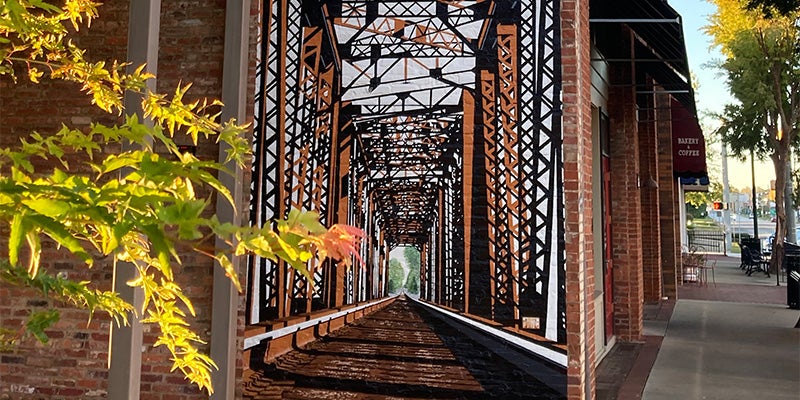Filush-Glaze: The Lonely House Syndrome
Published 1:01 pm Monday, July 8, 2019

- Jenny Filush Grief Relief
Jenny Filush-Glaze
Grief Relief
Every day, physician’s offices are filled with patients who are waiting to be treated for their latest ailment or are doing their due diligence and coming in for checkups.
However, you would be hard pressed to find this particular problem in any kind of doctor’s manual- the issue being, “The Lonely House Syndrome.” Many of you may be wondering what exactly this is and whether or not it is even a real thing, but I can tell you without a doubt, that I know it exists, especially within the hearts of the bereaved.
Imagine life as you once knew it, filled with happiness and joy. Daily living entailed providing for your family, washing the car, cooking a good meal, raising children or caring for pets, etc. There was always noise, from the rambling of the television to the sound of a vacuum; to children racing up and down the halls or even just the sound of a familiar car pulling into the driveway signaling that your loved one was home. Then, the unthinkable happens and death shows up unexpectedly and steals away the sounds of living, the silence becoming overbearing and heavy like a weight upon your shoulders. Some people describe this silence as “loneliness” and try every tactic possible to try and combat the quiet, filling up their days and nights with activities or social engagements. However, many simply sit for hours and stare into “nothingness” for hours on end, wondering how their life has changed so drastically.
“The Lonely House Syndrome” can become paralyzing. The symptoms are easy to identify: sadness, fear, anxiety, lack of motivation or inspiration to do anything or go anywhere, etc. What was once a treasured space becomes foreign and unrecognizable, and just the thought of coming home to that space after a day out or a week away can create levels of grief that are difficult to navigate. People tell me all of the time that “staying busy” has become their saving grace. They volunteer, go out for lunch, return to their place of employment- all of which provide a salve over their open wounds, only to have them broken wide open again the minute they pull back into their driveway. Whoever envisioned that a home could become such a formidable foe?
Truthfully, it is not the bricks and mortar of the home that matter as much as it is the memories and life created within those walls. Just the sound of a loved one traipsing down the hall, something that maybe used to annoy you to no end, is now glaringly absent and missed. In grief, the silence becomes louder than your ability to cope with your loss, and finding comfort inside that home can become challenging.
However, most will emphatically tell you about their loneliness and how much anxiety and fear that provokes, so knowing that are not alone in that experience gives them hope that this too in time will get better. But, until it does, they work on trying to fill up the space with noise and activity, anything that breaks up the devastating reminder of being alone.
I would argue that loneliness is one of the hardest things one faces after the death of a loved one, especially when that person’s presence was bigger than life itself. Please understand that there are countless others like yourself experiencing the same thing- so reach out to your support system or become the support for someone else who is just entering the grief path. You never know just how much a single gesture can brighten someone’s day and bring “sound” back into their lives.



